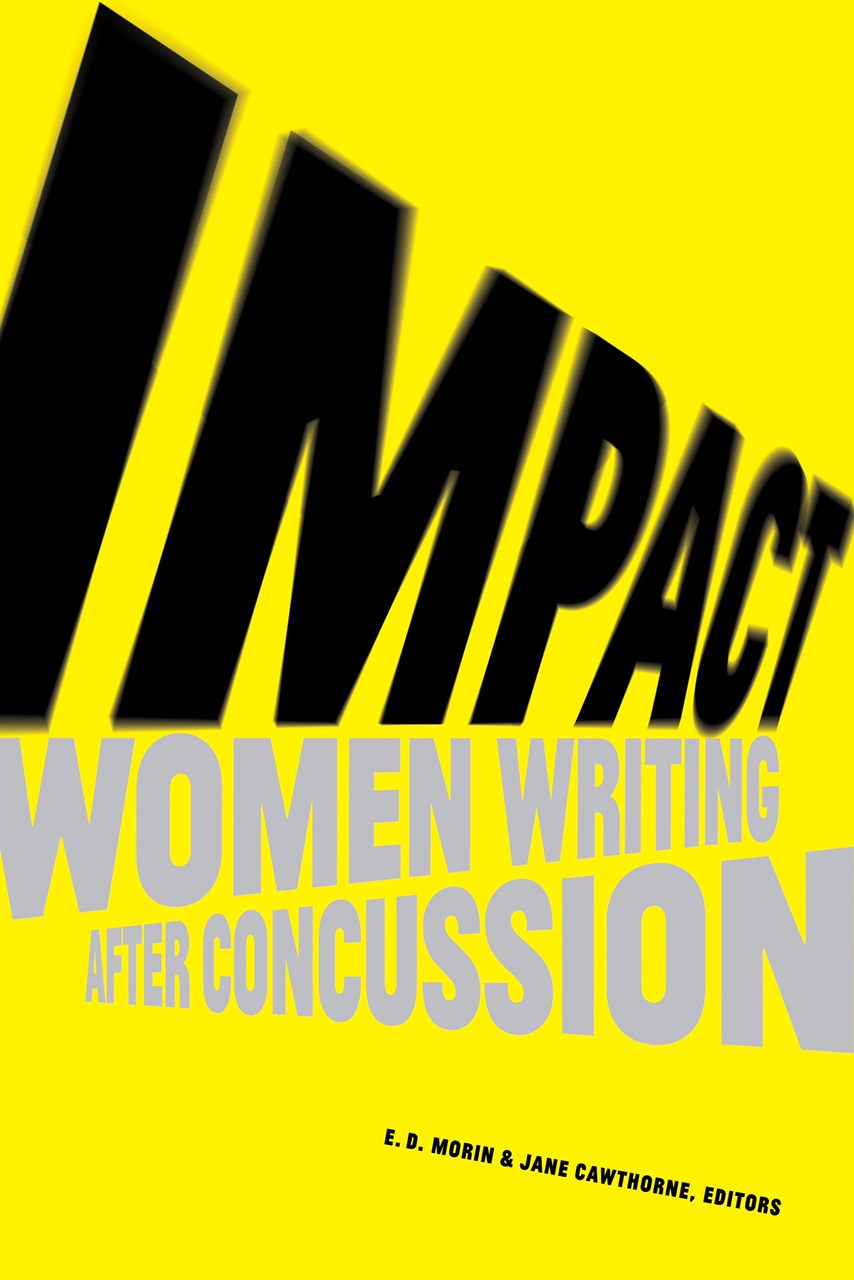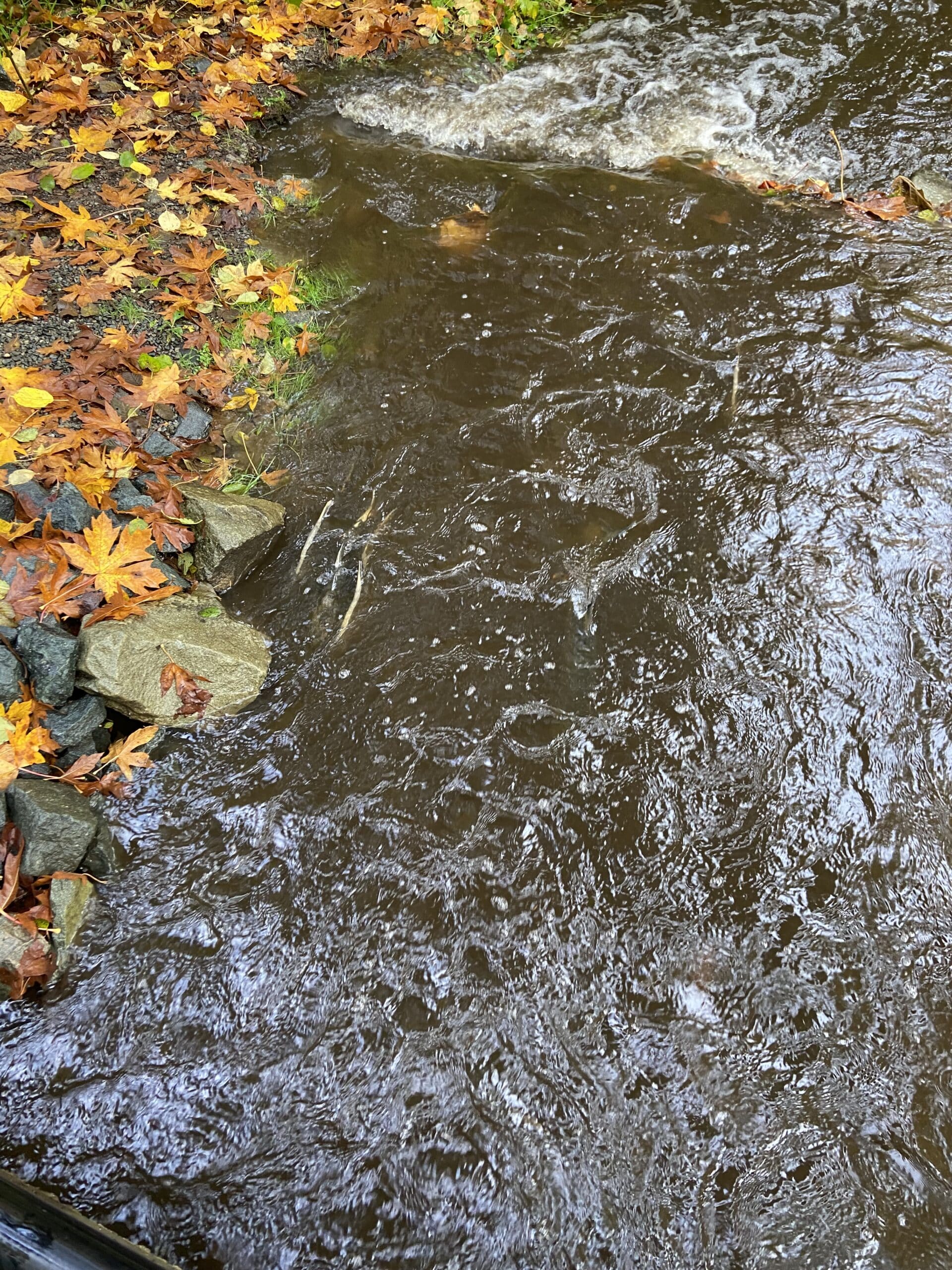This is a story of poor communication in health care. If TLDR; go to the heading TLDR below.
I have been waiting to see if I’m eligible for a clinical trial. My cardiologist referred me to another doctor in another city. He’s supposed to be the best. I was told it might take a year to get a call from his clinic. They called after only two or three months. Of course, that was good news.
I spoke to the surgeon who is supposed to be the best and was told the outlines of the process by him. I needed three tests. They would do them at their hospital, have a meeting and decide if I’m a good candidate. At the time, my cardiologist who referred me said there were two possibilities that I would be assessed for. This surgeon said there would only be one possible procedure. The other was not funded. Disappointing, but still, there was a possibility that something besides yet another open heart surgery could fix me. I knew I’d already had two of the tests fairly recently, but he said they had to do the three tests within a certain time frame of the procedure or they would have to be redone. I remember this answer because I forgot to ask what that timeframe was, which meant I had no idea when to expect this procedure might be done. Did I want to move forward? Yes. He said in a few weeks, I’d hear from a nurse in the clinic.
I now realize he probably hadn’t checked the dates on my last tests. In hindsight, I see how he might not have known if I needed three tests or not.
A few weeks passed and someone called and explained the process in more detail and went through the tests. Again, the expectation was expressed that there would be three. There are complicating factors. I would get another call explaining how to handle my drugs before the procedure. I felt confident I knew the plan. And again, she explained a meeting would be held after all of this to determine my eligibility.
I had the first test about three weeks ago. I was waiting for a call to tell me when the next test would be.
I got a call from the clinic last Friday. I had been carrying my phone around with me for weeks. I was in the bathroom, missed it, and called the number he left back right away. It’s a number that goes nowhere. Press 1 for this, 2 for that. 2 goes back to 1. Neither of those things applied, so I hit 1, left a message and hoped I hear from him again. Then I remembered I had the number of the nurse from my first test. I called her to ask if she knew how I could reach this person. He works in the office beside her, she said, but he was on the phone. She would make sure he knew I called back.
On Monday, he called me back. This is where everything falls apart.
He told me I am having a procedure that I have never heard of. “We’re booking you for a [acronyms].” And I said, “What is that? I’ve never heard of it.” And he said surely someone has talked to me about it, and I said no. And he said, “Didn’t you talk to the nurse in May?” And I said yes, but she only talked to me about the clinical trial. And he said, “You’re not eligible for the clinical trial. They had the meeting two weeks ago.” They did? News to me. I said, “But I haven’t had the other two tests yet.” I was still living in the last plan. And he said I already had them. I refrain from saying I KNOW, and instead said I was told I would have to have them again because they had to be done within a certain time frame. I said I was expecting his call to be to tell me when the next test was. He expressed frustration. “She must have gone over this with you.” No. She did not. I asked if my regular team knew about this. He said they would not be doing it, implying that they did not need to know. But, these are my people who have kept me alive all this time. Did they weigh in? My regular heart surgeon was never convinced the solution being suggested through the clinical trial would be robust enough. How did he feel about this one, I wondered to myself. Did he even know? He said it’s not up to them, but he did send them notes. I asked who he sent notes to. He had not sent one to one important member of my team. I ask him to do so and he said, “Who is that?” There was a tone there.
This was a bad call. To say the least.
Instead of realizing I’m ten steps behind, rolling it back a bit and saying, “Oh, ok. Let’s start at the beginning,” he challenged me and told me I’m mistaken. I was not mistaken. I am not mistaken. I take excellent notes. Then he said, “Well, do you want it or not?” And I said to myself, “How would I know?” I told him I want it.
But do I? I don’t understand it, but someone thinks it’s something I need, so I’m not going to kibosh it.
After having a good cry, I screwed my courage up and called my cardiologist’s office because he always says I can talk to him any time. I can’t see him for well over a month, and I had no idea what the timeframe is on this procedure. But I had already booked an appointment with my favourite doctor for when she returns from maternity leave. It’s in two weeks. I’m so glad. Her replacement was ineffective. She is the one who always made sure everyone talked to each other in my complex case and that I understood what was happening. Meanwhile, the cardiologist’s office administrator said that the cardiologist did mention this procedure being recommended in his referral note to the other clinic. This does not mean he told me about it. I do not receive these notes. This was information between doctors. She suggested I call the other clinic back or ask to speak to the surgeon. But I don’t know who the surgeon will be. And I’m pretty sure the man on the phone will not be at all happy about my call. I said I can’t do that. For one thing, his number doesn’t work. She, kindly, said she would do it and ask him to call me back. I dread this call.
Meanwhile. I have jotted down the acronym and Dr. Google it. I’m playing catch up. The procedure is so new that there are no real figures about its success rate. Right now, doing it looks to have about the same outcome as not doing it. So I’m a little stymied. Frankly, my ad hoc medical education cannot keep up with my situation and the medical journal I’m trying to read is very complicated.
Then I had to figure out what I want to ask this man when and if he called back. Mostly I want to know what happens if it all goes south. Do I die on the table? Do they convert to an open heart procedure? When he called, he was unable to answer that. He said the surgeon will go over all of that when they get me to sign consent. I ask who the surgeon will be. He said it will likely be A or B. B is the surgeon I first talked to about the clinical trial months ago. I ask when I will get to speak to the surgeon. He doesn’t answer. I suspect that might be when I’m on the gurney in my hospital gown waiting to go in because that’s when consent usually happens. It’s not really the best time to ask fundamental questions. By that time, it should be a formality. Then I had the presence of mind to ask if this would happen before the end of the year and he said maybe the end of December or start of January. So I knew I would be able to see my favourite doctor first, and I could get answers then.
TLDR
Poor communication in medicine causes additional stress. It also kills people.
A few weeks ago, I was listening to CBC’s show “White Coat Black Art” with Dr. Brian Goldman and he was talking to the husband of a cancer patient who had died. He felt her care had been lacking and lodged a formal complaint in BC (where I live). Dr. Goldman said it was the only time in his knowledge that a complaint like this resulted in a formal apology and a change in procedures. The guts of the complaint was that his wife’s doctors failed to communicate with each other and see the whole complex picture of her illness. This contributed to her death.
This is what was happening to me. I can’t corral all of these specialists. My favourite doctor, the one returning from Maternity Leave, has always been the one who made sure everyone talks to each other. Every complex patient needs someone like this.


